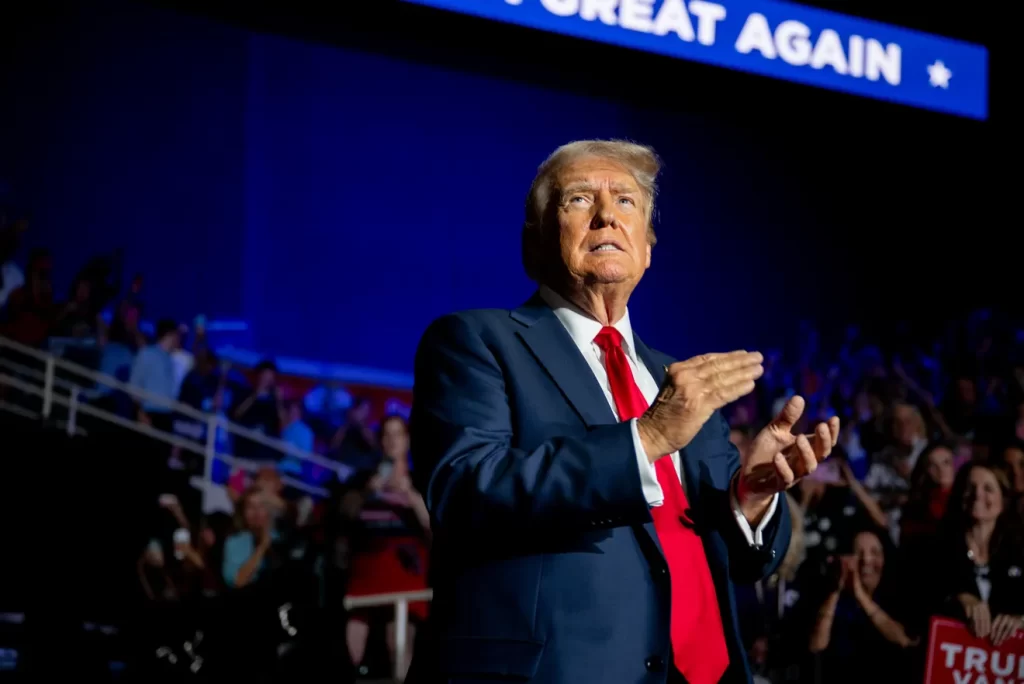Iranian hackers accused of breaching Donald Trump’s campaign emails have finally found outlets for their stolen material after mainstream media organizations declined to publish the documents, marking a new phase in alleged foreign election interference efforts.
The operation, tracked by Reuters, shows the hackers successfully distributing campaign communications through American Muckrakers, a political action committee, and independent journalists, despite a September U.S. Justice Department indictment identifying them as Iranian government operatives.

Federal prosecutors allege the hackers, part of a group known as Mint Sandstorm or APT42, compromised multiple Trump campaign staffers between May and June by stealing passwords. The group, allegedly linked to Iran’s Basij paramilitary force, used the persona “Robert” to contact journalists through email accounts that were later disabled by Yahoo in cooperation with the FBI.
The hackers’ evolution in distribution methods provides rare insight into foreign influence operations:
Initially, they approached major outlets including Politico, the Washington Post, and the New York Times, which declined to publish. The New York Times explained it only publishes hacked materials that are “newsworthy and verifiable,” while the Washington Post indicated the hack’s origin was more newsworthy than its content.
After mainstream rejection, the operation shifted to alternative channels:
– American Muckrakers began publishing internal campaign emails on September 26
– Independent journalist Ken Klippenstein posted vice presidential research documents on Substack
– Material included campaign communications about various Republican politicians
David Wheeler, American Muckrakers’ founder, defended publishing the documents as serving public interest, though he declined to discuss their origin. The FBI has warned multiple journalists that their communications with “Robert” were part of a “foreign malign influence operation.”
The Trump campaign condemned the operation as intended to “interfere with the 2024 election and sow chaos,” though critics note Trump’s contrasting stance in 2016 when he encouraged Russia to hack Hillary Clinton’s emails.
Senior U.S. intelligence officials suggest Iran’s efforts target Trump specifically, linking the operation to his role in the 2020 drone strike that killed Iranian general Qassem Soleimani. Iran’s UN mission categorically denied involvement, calling the accusations “fundamentally unfounded.”
The case highlights evolving challenges in managing election security, journalistic ethics, and foreign interference as traditional gatekeeping mechanisms face new digital realities.



